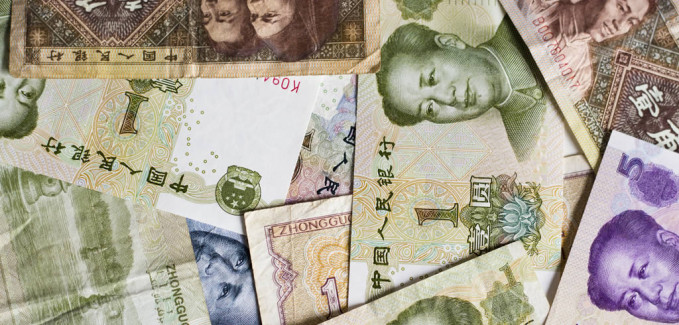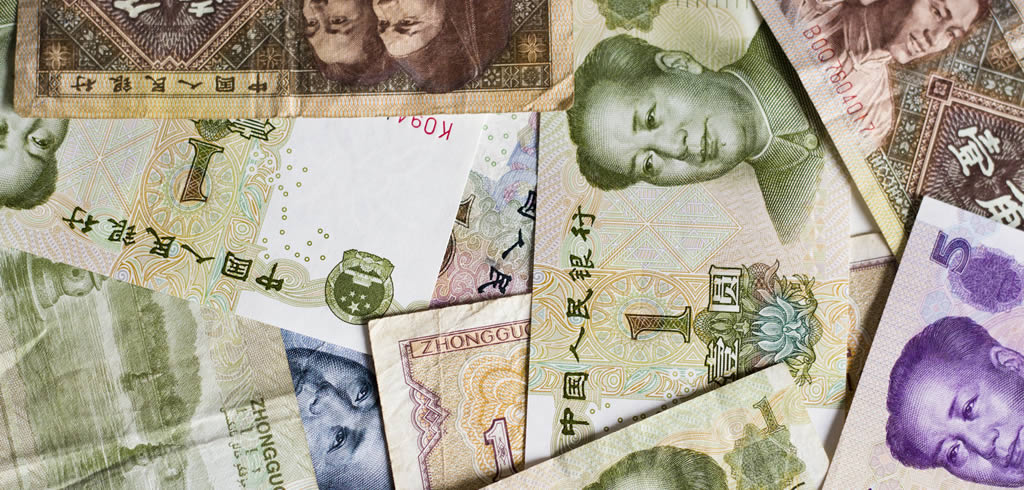
Most countries operate some form of credit system where past financial history is used to determine whether a person is likely to pay future credit such as mortgages or credit cards. Nothing controversial about this, right?
However, China is taking this concept to an entirely new level with the proposed “social credit” system which is due to include every national in the country by 2020. This new omnipotent system is designed to rate an individual’s trustworthiness using a huge variety of personal information. Information from both fiscal and governmental sources will be pooled into a national database which will generate a single number ranking system for each resident of China.
So just how is this new system going to work and what does it mean for the citizens of China?
What information is included?
Credit rating systems across the world usually stick to analysing previous financial information, such as household bills, credit accounts and rents or mortgage payments. According to Cafe Credit, China’s new Social Credit scheme will also include this type of information but also much more personal data. Government information such as parking fines, tax payments and driving violations will also be included in the analysis. Information such as spending habits, job descriptions and even social media posts are also likely to be included in the scheme.
Collecting such a vast array of data, as referred to an article on Fusionwire (powered by Misys) on each individual will help the government scheme create a well-rounded picture of each person’s level of trustworthiness. Often looking at financial history alone isn’t enough to create a thorough idea of how honourable and trustworthy a person is. The Chinese elite State Council explain in an article on the BBC that the Social Credit scheme aims to “forge a public opinion environment that trust-keeping is glorious”. They also warn that this new system will “reward those who report acts of breach of trust”.
Trial schemes already in place in China
While Social Credit won’t be universal throughout China until 2020, there are currently 8 voluntary pilot schemes already up and running in China which the government are keeping a very close eye on to monitor their progress. One of the biggest pilot schemes is being run by Sesame Credit, the financial arm of Alibaba. Alibaba is the world’s biggest online shopping platforms with over 400 million users, and is using its own data base of online consumer information to create unique “social credit” scores. The company track the financial and consumption trends of their users and use a complex algorithm in order to generate a credit score.
Sesame rates the online financial transactions of those who use Alibaba’s payment system as well as looking at data obtained from partners such as the taxi service Didi Kuaidi. Sesame also looks at consumer spending habits and makes a judgement on the character of a person depending on what they buy. For example, people seen buying nappies are assumed to be parents and therefore, on balance, presumed to have a high sense of responsibility. On the other hand, people seen buying large amounts of video games that play them for hours are deemed lazy.
What the system means for the people of China
Chinese residents are being encouraged to talk about their Social Credit score, rather than keep it a secret, as is often the norm. A good Social Credit rating will see many benefits such as not having to leave deposits for hotel bookings or car rentals.
The dating website Baihe, which has over 90 million clients, has partnered with Sesame and is now advertising their clients Social Credit score on their dating profiles. A higher credit score is seen as a big advantage to those seeking out stable and trustworthy partners.
Many people in China don’t own houses, cars or credit cards so credit history isn’t often available. The new Social Credit Scheme is set to help many Chinese citizens lease properties, hire cars and even find a partner.
Still in its early years
While the Social Credit pilot schemes are still in infancy, they are completely voluntary. However, the Chinese government are keeping a close eye on their progress in order to better their own system when it becomes universal in 2020.
Vice President of Baihe Zhuan Yirong describes in the BBC article how positive the scheme can be:
“People really care about trust and honesty. Alibaba’s data can provide certain kind of proof. It’s not 100% accurate, but at least it’s one more filter for people to know each other better.”
Photograph by Japanexperterna.se

